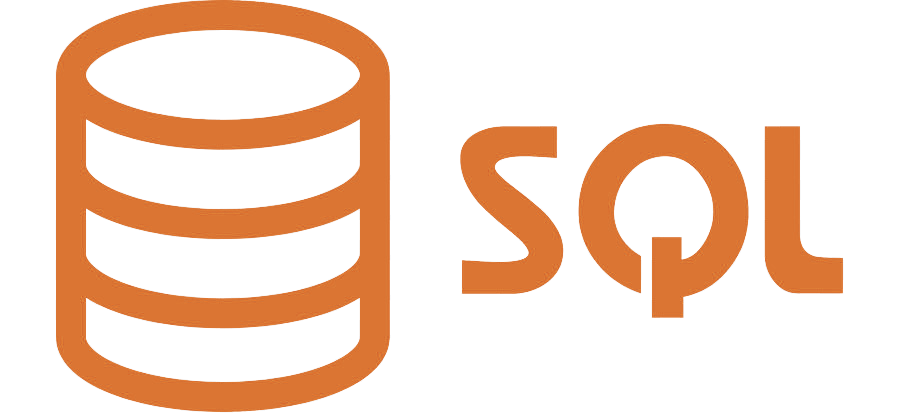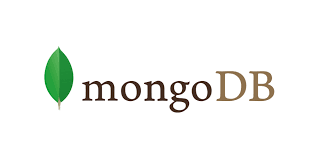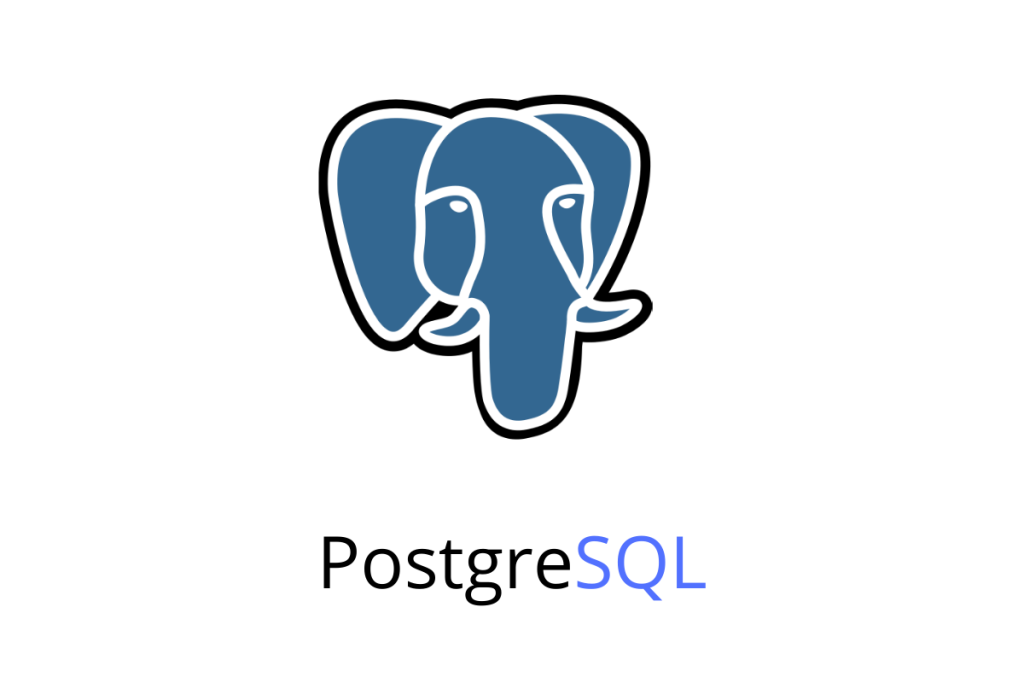Database Solution
A Database Solution is a software applications that is used to manage and store large amounts of data. These solutions are designed to provide organization with a centralized and efficient way to store , retrieve and analyze their data.
Below are some key components and features that should be included in a database solution:
1. Database Management System (DBMS): This is the software application that provides an interface between the user and the database. It manages the storage and retrieval of data, as well as the security and integrity of the database.
2. Data Modeling: A database solution should include a data model that defines the structure of the data, including tables, fields, and relationships between tables.
3. Query and Reporting: Users should be able to search and retrieve data from the database using queries. The solution should also provide the ability to create custom reports based on the data.
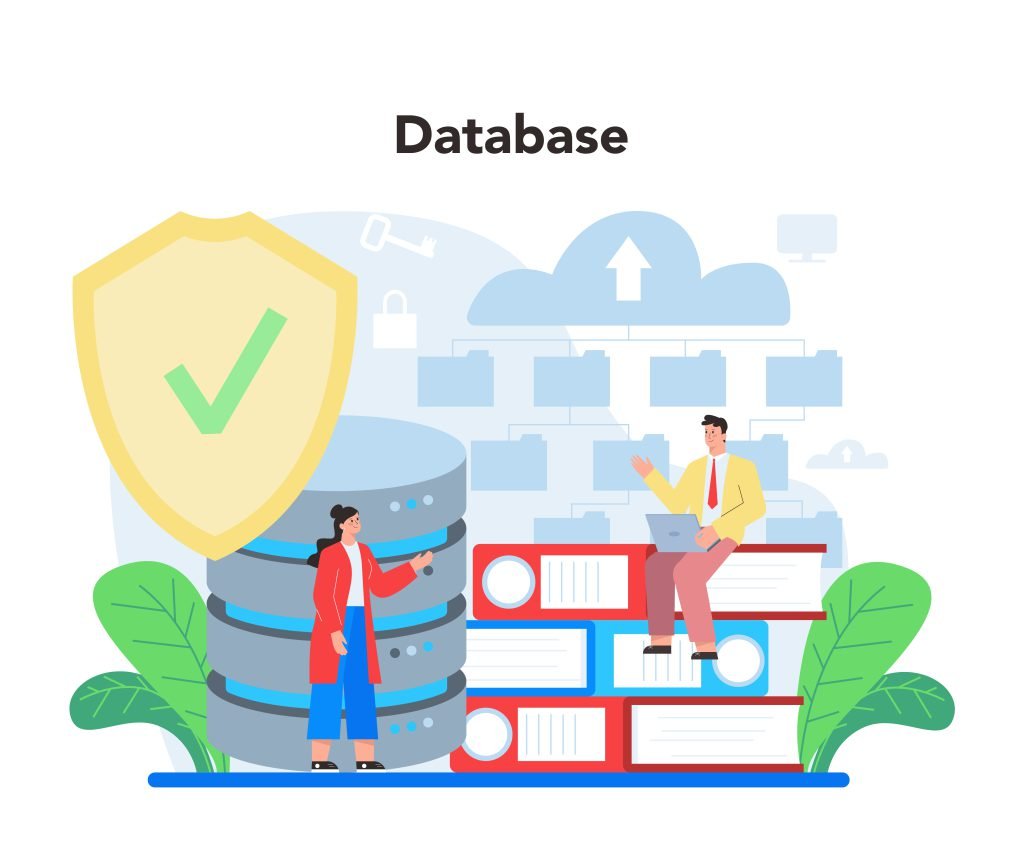
4. Security and Access Control: A database solution should have robust security measures in place to protect the data from unauthorized access or modification. It should also provide user-level access control to limit the data that users can view or modify.
5. Backup and Recovery: Regular backups of the database should be taken to ensure that data can be recovered in the event of a disaster or system failure.
Azure Data Factory :
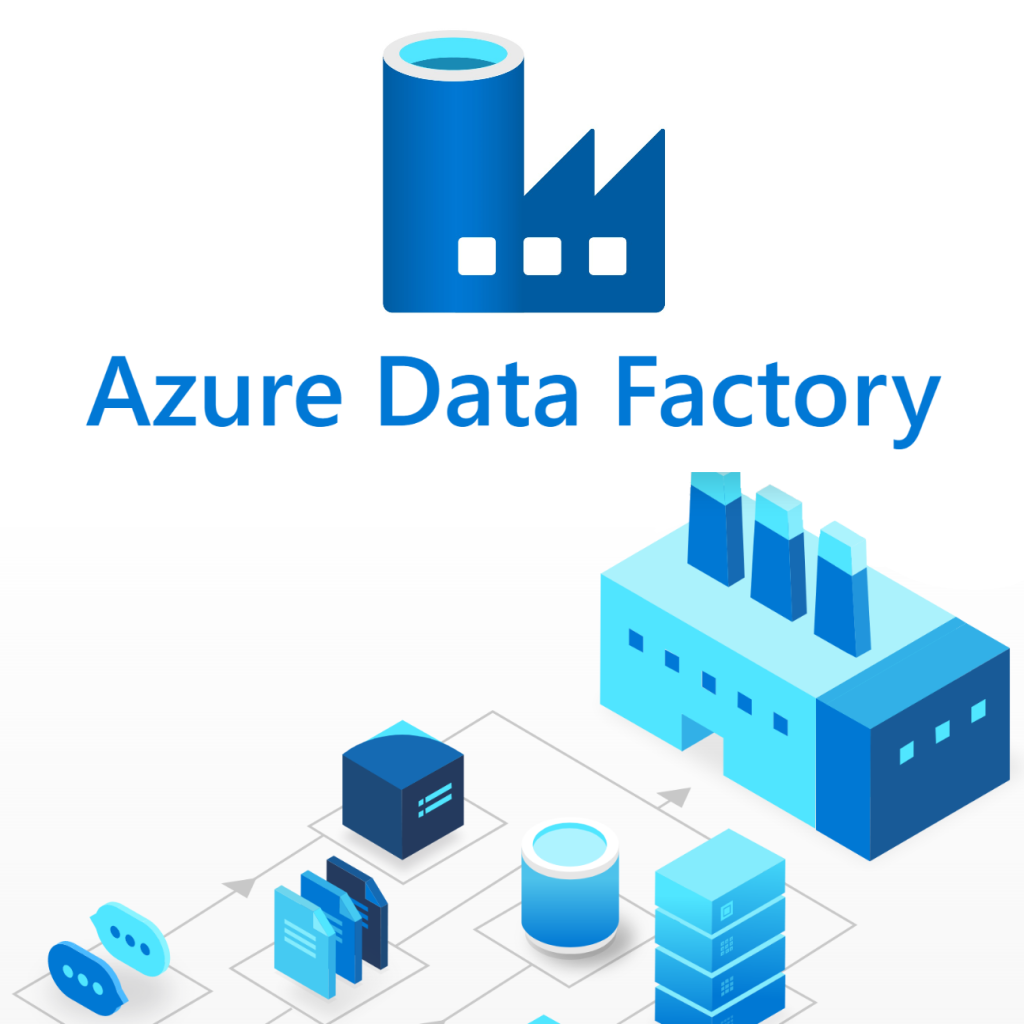
Azure Data Factory is a cloud-based data integration service provided by Microsoft. It allows you to create, schedule, and orchestrate data integration and transformation workflows on a variety of data sources, both on-premises and in the cloud.
With Azure Data Factory, you can extract data from various sources, transform it to fit your needs, and load it into various targets, such as Azure Blob Storage, Azure Data Lake Storage, Azure SQL Database, and more. The service provides a wide range of built-in connectors to various data sources and targets, as well as a rich set of data transformation activities, such as mapping, filtering, sorting, and aggregating.
Azure Data Factory also provides monitoring and management capabilities to help you monitor the health and performance of your data pipelines, and troubleshoot any issues that may arise. Additionally, it integrates with other Azure services, such as Azure Databricks, Azure Synapse Analytics, and Azure Machine Learning, to enable advanced data processing and analytics scenarios.
Overall, Azure Data Factory is a powerful and flexible service that can help you integrate and transform data at scale, and enable modern data-driven solutions.
We Are Using Different Database
